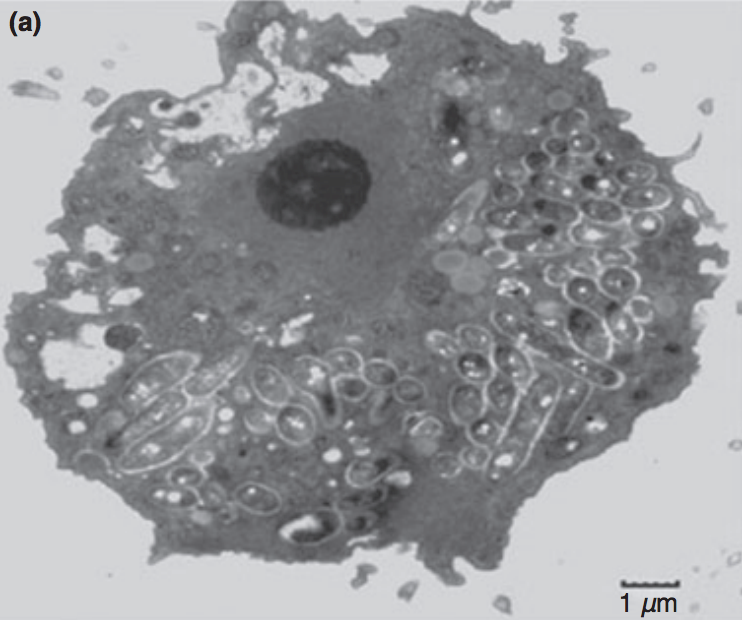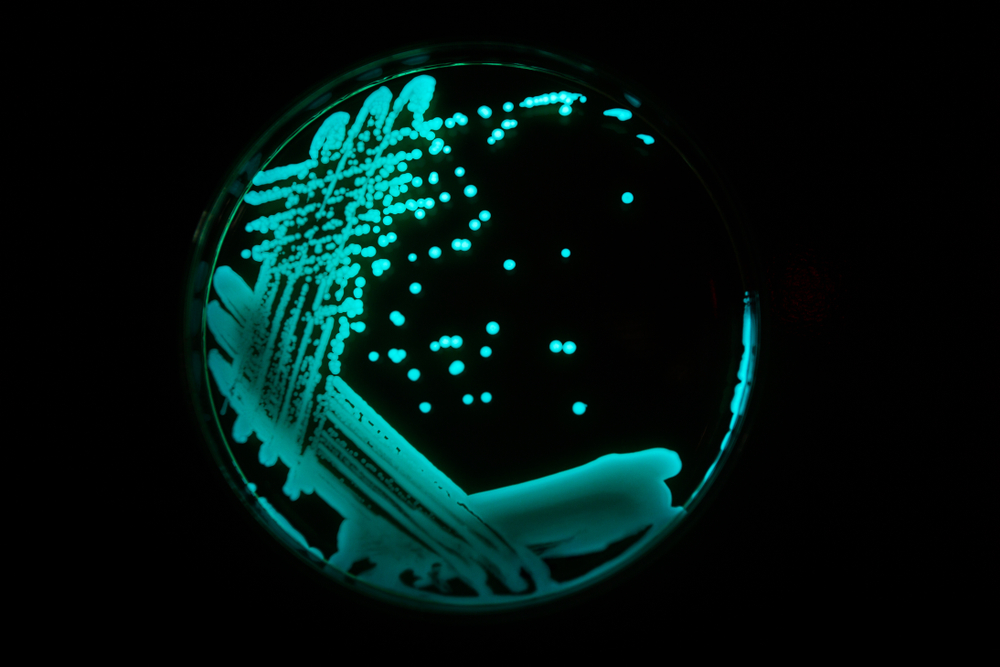Legionella are a genus of pathogenic gram-negative bacteria found in freshwater and aerated soil. Legionella are known for causing respiratory disease in humans via the inhalation of contaminated water droplets or consumption of contaminated drinking water.
The Legionella genus got its name after an outbreak resulted in 221 cases and 34 deaths among attendees of an American Legion convention in a Philadelphia hotel, July 1976. In January of the following year, the Legionella bacterium was isolated and identified as the culprit, giving rise to the name Legionnaires’ disease [1]. Legionella were found to be growing in the cooling tower of the hotel’s air conditioning system and had been inhaled by many of those attending. Since its discovery, Legionella have been known to cause pneumonia outbreaks in community and hospital settings from contaminated water supplies. The largest and most common source of Legionnaires’ disease outbreaks are cooling towers, due to their widespread dissemination of water.
Right: Acanthamoeba polyphaga infected with L. pneumophila [4].

LegioTag is an azide-functionalised Legionaminic acid (LEG) for metabolic lipopolysaccharide (LPS) labelling of Legionella pneumophila. LEG is an essential lipopolysaccharide which is incorporated by L. pneumophila into its cell wall during active glycan biosynthesis. When cell-permeable LegioTag is added to an actively growing culture containing L. pneumophila it is intracellularly processed and utilized instead of its natural LEG counterpart.

The Native Antigen Company offers a range of reagents for Legionella research, immunoassay and vaccine development:

